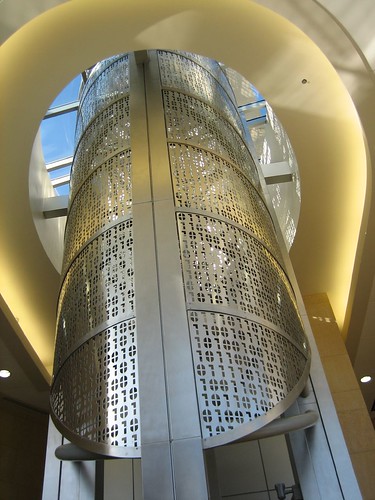Fist tap P6 and Plantsmantx
Carefully orchestrated, but from a symbolic perspective, this strikes me as an exceptionally well crafted piece of libertarian agitprop. So I take back my initial "bookerrising surrealism" critique.
"We worked with the Phoenix police department. They came down to our studio on Friday. We've gone through this with them for 15 years."
"They have a squad - used to be called the confrontation prevention squad, now called community service. We told them that we're going to come down, I'm going to do the radio show live, we're going to be broadcasting it, and I'm going to have a firearm. I had a 9 millimeter on myself..."
"It was Thursday that I called and talked to Al Ramirez, the representative from the Phoenix police department, and we were discussing - we've been around this rhetoric that was building up around William Kostric, who did this in New Hampshire. We knew this from 15 years ago when Janet Napolitano was a U.S. Assistant Attorney and prosecuted the Viper Militia out of Arizona, and how that was generated into something it wasn't. We talked to Al and we were like, look, we know where this is going and we want to make sure, we come down, we're peaceful, and we demonstrate the right of the people to carry their firearms. And the police protected our right."
"They wanted to help - they assigned him [a police officer] to me. He was never more than 4-5 feet away from me. We had law enforcement around us to protect our rights to protect this firearm."











